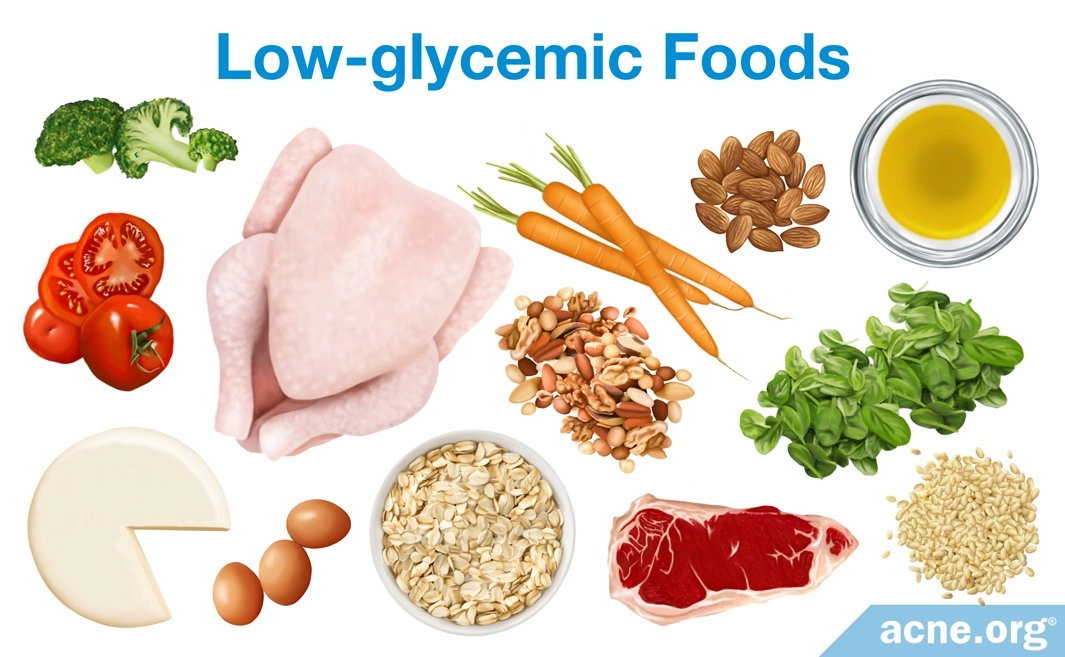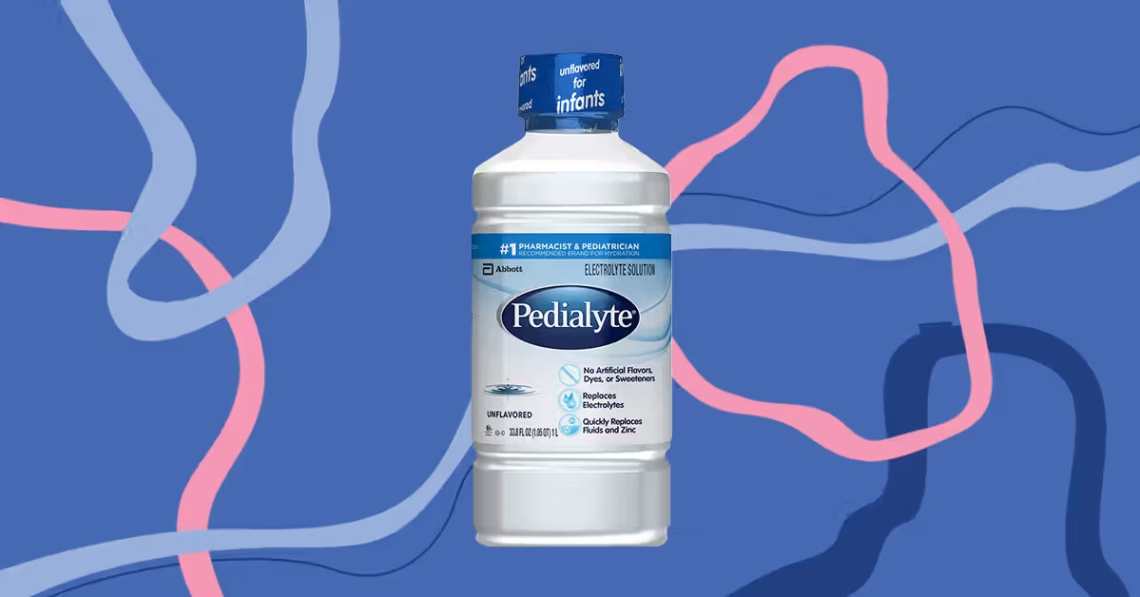Introduction For years, dermatologists believed diet and acne had little connection. Today, a growing body of scientific research shows that certain foods—especially those high in sugar, dairy products, and high-glycemic (fast-digesting) carbohydrates—may influence acne severity.Food alone doesn’t cause acne, but it can worsen or trigger breakouts in people who are genetically or hormonally prone. Understanding how diet affects skin inflammation, hormones, and oil production can empower you to make choices that support clearer skin.This article explores the evidence behind the main dietary factors linked to acne and offers practical recommendations. What Is the Link Between Diet and Acne? Acne is…
-
-
Introduction What you eat and drink can significantly affect how quickly you fall asleep and the quality of your rest. Certain foods and beverages promote relaxation, regulate sleep hormones, and support a natural sleep cycle, while others can delay sleep onset, disrupt circadian rhythm, or cause nighttime awakenings. Understanding which foods and drinks to embrace or avoid is key to improving both sleep quality and overall health. 1. Best Foods for Falling Asleep These foods contain nutrients that support melatonin production, serotonin synthesis, and relaxation. A. Foods High in Tryptophan B. Complex Carbohydrates C. Foods Rich in Magnesium D. Foods…
-
Introduction Food poisoning is an unpleasant and often unexpected illness caused by consuming contaminated food or beverages. It can result from bacteria, viruses, parasites, or toxins that infect the gastrointestinal tract, leading to nausea, vomiting, abdominal cramps, and diarrhea. While most cases are mild and resolve within a few days, recovery depends on the type and severity of the infection, the person’s overall health, and how quickly treatment begins. Understanding the recovery timeline and knowing what to eat (and avoid) during this period can significantly ease discomfort, prevent dehydration, and promote faster healing. This article explains the stages of recovery,…
-
Introduction Diarrhea causes the body to lose fluids and electrolytes rapidly, which can lead to dehydration, especially in children, the elderly, and those with chronic illnesses. Replacing both water and essential salts is critical for recovery. While drinking plain water helps, the best results come from fluids that also replenish electrolytes like sodium, potassium, and chloride. Why Hydration Matters in Diarrhea Best Fluids for Diarrhea 1. Oral Rehydration Solutions (ORS) 2. Clear Broths 3. Oral Electrolyte Beverages 4. Coconut Water 5. Water Fluids to Avoid During Diarrhea Additional Tips for Hydration Conclusion Hydration is the cornerstone of diarrhea management. Oral…
-
Introduction The BRAT diet—Bananas, Rice, Applesauce, and Toast—has long been recommended for managing diarrhea. Its appeal comes from being bland, low-fiber, and easy to digest, which can help reduce irritation of the digestive tract. However, recent research and nutrition guidelines have questioned whether this restrictive diet is still the best approach, especially for children and adults needing adequate nutrition during illness. What is the BRAT Diet? Traditionally, the BRAT diet was recommended for 1–2 days after the onset of diarrhea. Why It Was Recommended Limitations of the BRAT Diet Modern Recommendations for Diet During Diarrhea Tips for Recovery Conclusion The…
-
Introduction Almost everyone experiences abdominal discomfort from time to time. Common causes include indigestion, gas, mild constipation, overeating, or even stress. While severe or persistent abdominal pain should always be evaluated by a healthcare professional, mild abdominal discomfort often responds well to simple home remedies. These natural approaches can help soothe the digestive system, reduce bloating, and restore comfort without heavy medication. Common Causes of Mild Abdominal Discomfort Home Remedies for Relief 1. Warm Compress or Heating Pad Applying heat to the abdomen relaxes muscles, improves blood flow, and eases cramping or gas-related discomfort. 2. Herbal Teas 3. Stay Hydrated…
-
Introduction Managing diabetes involves several lifestyle adjustments, and one of the most important is maintaining a healthy diet. But for many, the idea of eating healthy—especially with a chronic condition like diabetes—can feel overwhelming, particularly when faced with financial limitations. The good news is that eating well with diabetes doesn’t have to be expensive. With thoughtful planning, smart grocery shopping, and cooking strategies, it’s entirely possible to enjoy nutritious, diabetes-friendly meals without breaking the bank. This article explores how to maintain a balanced diet on a budget while managing your blood sugar levels effectively. The Importance of Diet in Diabetes…
-
Introduction Carbohydrate counting (or “carb counting”) is a powerful tool for people with diabetes, especially Type 1 and insulin-dependent Type 2. Carbohydrates have the most immediate effect on blood sugar levels, and learning to track them helps individuals make informed food choices, improve glycemic control, and maintain flexibility in meal planning. This guide breaks down the basics of carbohydrate counting in a simple and actionable way. 1. What Are Carbohydrates? Carbohydrates are one of the three main macronutrients (along with protein and fat) and are the body’s primary source of energy. They break down into glucose, raising blood sugar levels.…
-
Introduction Heart failure is a chronic condition in which the heart cannot pump blood effectively enough to meet the body’s needs. It affects millions of people worldwide and is a leading cause of hospitalization and reduced quality of life—especially in older adults. Despite its name, heart failure doesn’t mean the heart has stopped working; it means it is working less efficiently, leading to fatigue, breathlessness, and fluid retention. While heart failure is a serious condition, it can be managed effectively through a combination of lifestyle changes and medications. With the right treatment plan, many people with heart failure live longer,…
-
Introduction Cardiovascular diseases (CVD) remain the leading cause of death globally, accounting for millions of deaths each year. While genetics play a role in heart health, diet is one of the most influential factors that individuals can control. A heart-healthy diet doesn’t merely involve eating less or losing weight—it requires strategic nutritional choices aimed at improving cardiovascular function, reducing inflammation, and maintaining healthy blood pressure and cholesterol levels. Three dietary components—fats, fiber, and sodium—stand out as especially crucial in shaping heart health. Understanding how to manage and optimize your intake of these elements can dramatically reduce the risk of heart…










